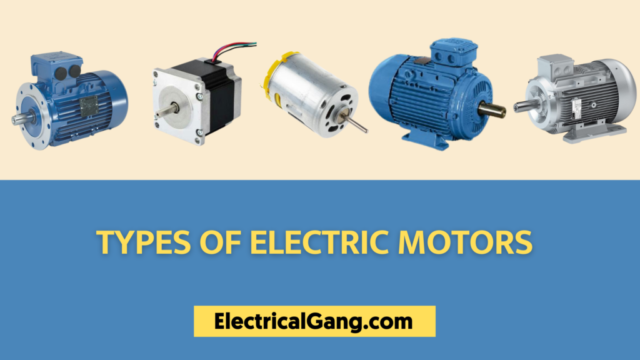Electric Motors: Principles, Applications, and Advanced Concepts

About Course
Electric motors power everything from industrial machines and electric vehicles to renewable energy systems and cutting-edge robotics. As the world transitions towards electrification, understanding the principles, applications, and innovations in electric motor technology is more crucial than ever. This course provides a deep dive into the fundamentals of electric motors, covering their design, control systems, maintenance, and advanced applications in emerging industries.
Through engaging discussions, real-world case studies, and practical insights, students will explore how electric motors function, how they are optimized for efficiency, and how they contribute to fields such as renewable energy and transportation. Whether you are an engineer, a student, or a technology enthusiast, this course will equip you with the knowledge and skills to understand and work with electric motor technologies in both existing and future applications.
Course Content
Introduction
The significance of electric motors in modern technology.
00:00Overview of the eBook’s scope and structure.
00:00